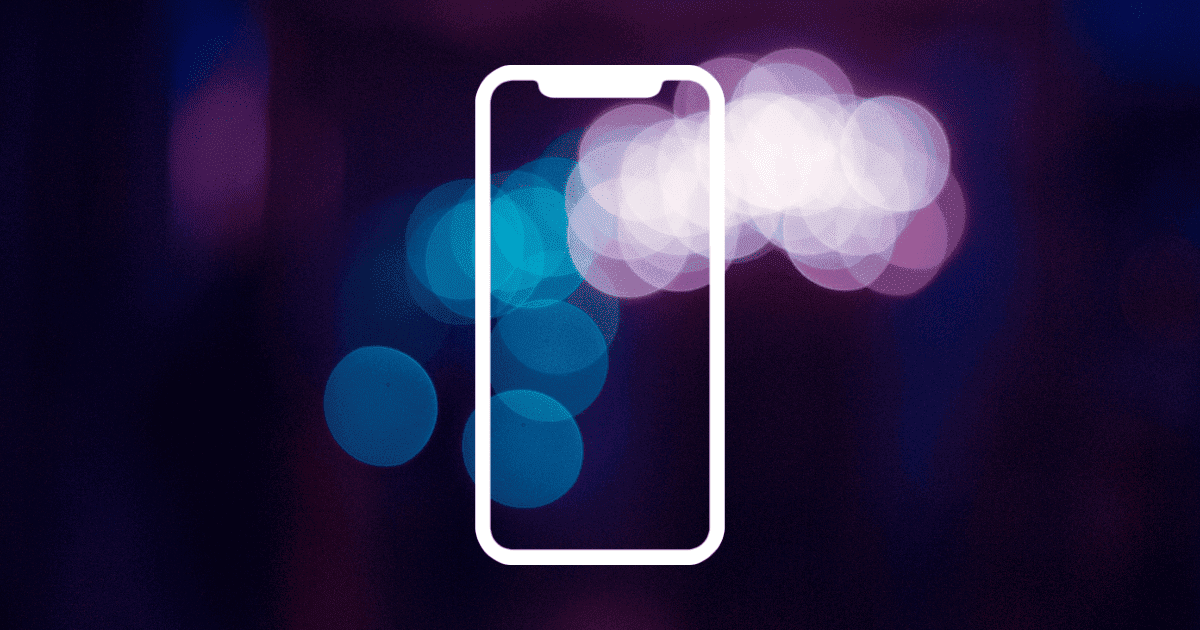There was discussion about whether or not the latest iPad Pros have Apple’s U1 ultra wideband chips in them (spoiler alert: they haven’t). However, the processors could have a dramatic effect on the next generation of iPhone, as Samuel Axon explained for Wired.
Apple has been silent about its long-term plans for the chip, but researchers have found many applications for UWB. It was initially pitched to consumers (with little success) as a way to rapidly transfer large files to nearby personal devices, but the proliferation of smart home and location-based technologies has given it a new life. For example, UWB could be used to unlock your automobile door when you approach it. While this is possible with other wireless technologies, UWB is significantly more accurate than, say, Bluetooth Low Energy – accurate enough to know which specific door you’re standing next to, so only that one is unlocked. Leaks from Cupertino have indicated that Apple plans a competitor for Tile – the electronic tags you attach to valuables so you can locate them with an app. Because Tile products rely on Bluetooth LE, U1-equipped smartphones and locator tags would be more accurate at finding a precise location.
Check It Out: Apple’s U1 Chip Could Change The iPhone
